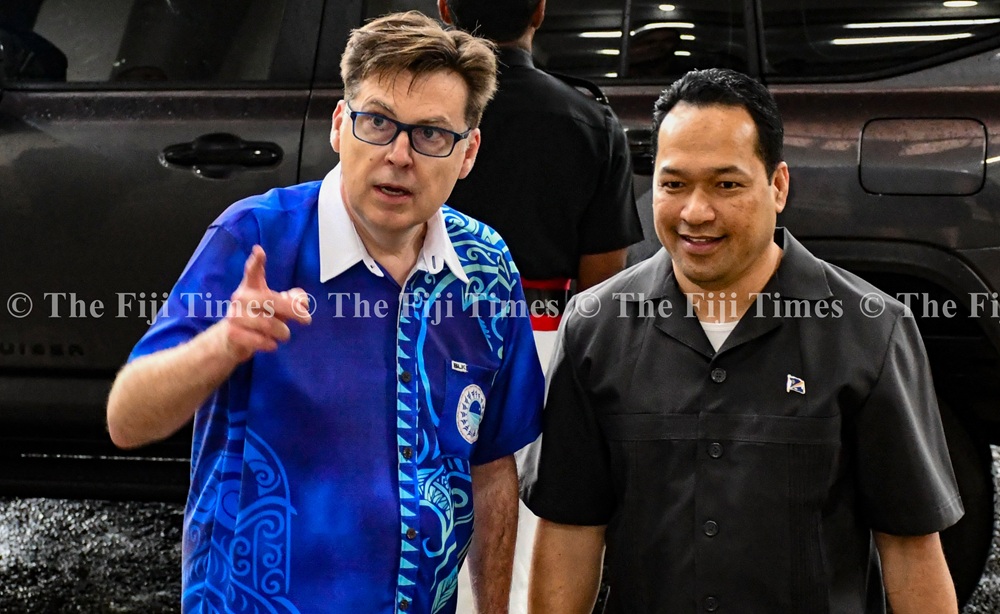The South Pacific is among the few regions in the world where conflicts and challenges are resolved through cultural values rather than force.
This fact, according to Australian National University PhD scholar Anna Naupa, should reinforce cultural security which is an often-overlooked component of regional resilience.
“We’re not defending culture with guns,” Ms Naupa said at the Pacific Regional and National Security Conference in Suva.
“We’re defending a way of life with our actions, words, and inter-generational continuity.”
Ms Naupa said cultural security encompasses more than identity, including traditional knowledge systems, customary land tenure, governance structures, and the Pacific people’s sacred connection to land and sea.
“The conversation we’re not having is around customary land tenure.
“It is fundamental to our cultural continuity and existence.”
While acknowledging the region’s current shift toward collective frameworks like the “Ocean of Peace,” she cautioned that such concepts should not distract from long-standing obligations under the Boe Declaration which recognises a broadened concept of security that includes human, environmental, and cultural dimensions.
Her remarks were supported by insights from Senior Sergeant Peter Ririvere of the Royal Solomon Islands Police Force, who shared that physical and environmental dangers posed by unexploded ordnance (UXO) from World War II is a security threat with cultural and developmental implications.
“We typically remove between 6 to 200 items each week,” he said.
“This process is reactive and often only begins when land is cleared for development.”
He warned that the presence of UXOs remains a major risk, especially to children and rural communities.
“There should be deeper cooperation across the Pacific, including donor support, regional maritime security partnerships, and better resourcing of local clearance teams.
“UXO remediation should be woven into broader environmental security and ocean conservation frameworks.”



